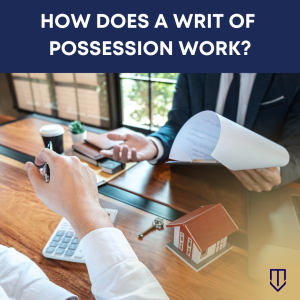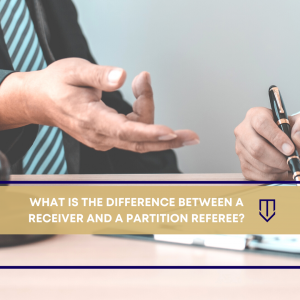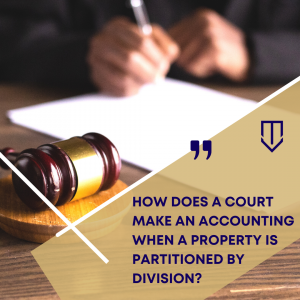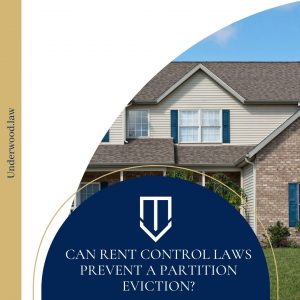 Generally, a bankruptcy proceeding acts as a stay on the collection of debt as well as any acts needed to be taken to enforce a debt. The rules regarding partition actions in bankruptcy proceedings are codified in the Code of Civil Procedure section 715.050. Typically, whether a partition action is exempt from a bankruptcy proceeding depends on when the bankruptcy proceeding was initiated. Therefore, a bankruptcy proceeding will not necessarily prevent a person from recovering possession of premises for which they have the right to recover possession.
Generally, a bankruptcy proceeding acts as a stay on the collection of debt as well as any acts needed to be taken to enforce a debt. The rules regarding partition actions in bankruptcy proceedings are codified in the Code of Civil Procedure section 715.050. Typically, whether a partition action is exempt from a bankruptcy proceeding depends on when the bankruptcy proceeding was initiated. Therefore, a bankruptcy proceeding will not necessarily prevent a person from recovering possession of premises for which they have the right to recover possession.
If a writ of possession was not yet obtained prior to the filing of a bankruptcy proceeding, then a tenant may be able to stop the execution of a writ of possession initially by initiating a bankruptcy proceeding. Therefore, timing is an essential element in determining whether a partition action is exempt from a bankruptcy proceeding. At Underwood Law Firm, our attorneys are more than familiar with bankruptcy proceedings and their impact on partition actions.
 California Partition Law Blog
California Partition Law Blog


 Partition receivers and partition referees serve very similar roles in partition lawsuits. Their roles are to act as a third party with no ties to any of the co-owners interests in property via a partition lawsuit and to help the court and the judge to distribute the property or proceeds from the sale of the property fairly and equitably. Read on to find out the important differences between the two.
Partition receivers and partition referees serve very similar roles in partition lawsuits. Their roles are to act as a third party with no ties to any of the co-owners interests in property via a partition lawsuit and to help the court and the judge to distribute the property or proceeds from the sale of the property fairly and equitably. Read on to find out the important differences between the two.  When there is a court-ordered partition by division, there are several steps that both the court and parties take to ensure that the property is physically divided both equally and equitably. Read on to find out the different avenues the court takes when deciding a partition by division lawsuit.
When there is a court-ordered partition by division, there are several steps that both the court and parties take to ensure that the property is physically divided both equally and equitably. Read on to find out the different avenues the court takes when deciding a partition by division lawsuit.  No, rent control laws cannot prevent a partition eviction. However, the answer is a bit more complicated than one might think. There are very specific rules and regulations in California that regulate both rent control laws and partition action evictions. Read on to learn more.
No, rent control laws cannot prevent a partition eviction. However, the answer is a bit more complicated than one might think. There are very specific rules and regulations in California that regulate both rent control laws and partition action evictions. Read on to learn more.